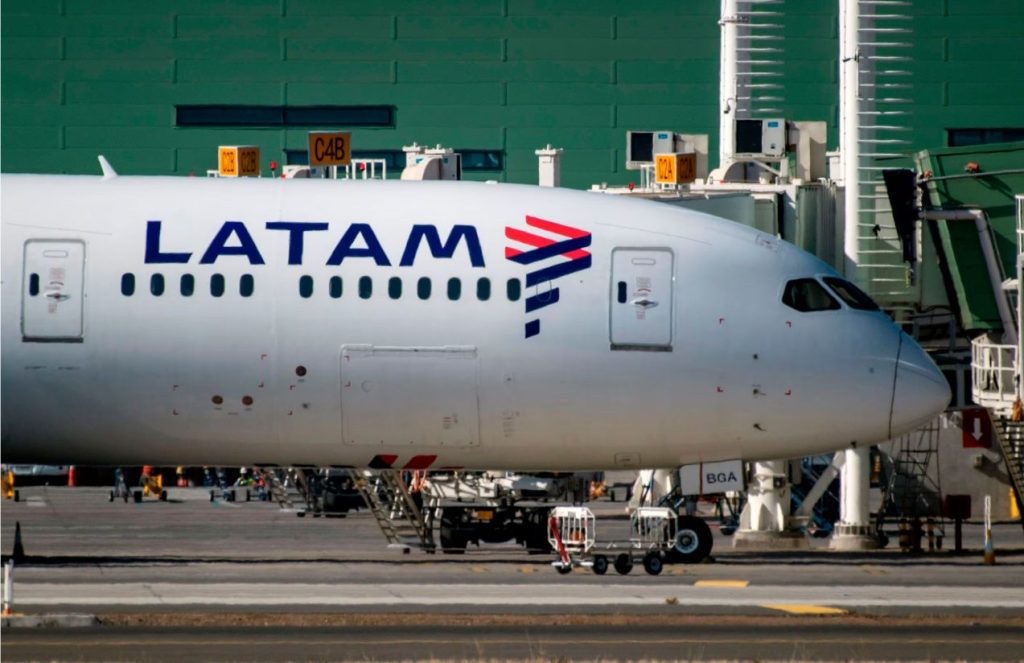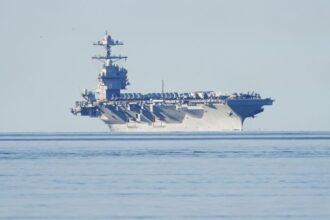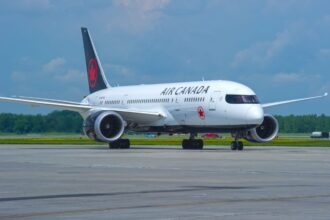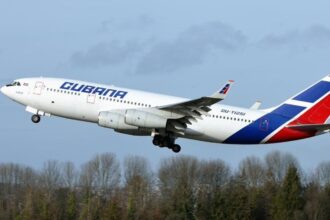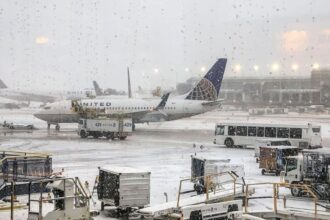Recently, six international airlines, Iberia, TAP, Avianca, Caribbean, GOL, and Latam, suspended their flights to Venezuela following a warning issued by the United States Federal Aviation Administration (FAA) about a worsening in air safety conditions.
The FAA warned of “potential threats” stemming from increased military activity in and around Venezuelan airspace, urging airlines to “exercise extreme caution” at all flight levels, including overflights, landings, and takeoffs. Although some companies have paused their routes, others such as Copa Airlines, Air Europa, and Turkish have chosen to continue operating, according to the Venezuelan Airlines Association.
This decision occurs at a moment of heightened tension, as the United States has deployed significant military forces in the Caribbean, including aircraft carriers, warships, and fighter jets. Additionally, the FAA has reported ongoing interference with the Global Navigation Satellite System (GNSS) since September, a situation that may compromise flight safety throughout the region.
For Venezuela, the cancellations represent another setback for already limited international connectivity, affecting thousands of travelers and further isolating the country.
What is the United States seeking with this warning?
Beyond safeguarding air operations, analysts suggest the FAA’s decision could be part of a broader strategy to increase diplomatic pressure on Nicolás Maduro’s government amid rising geopolitical tensions in the region.

